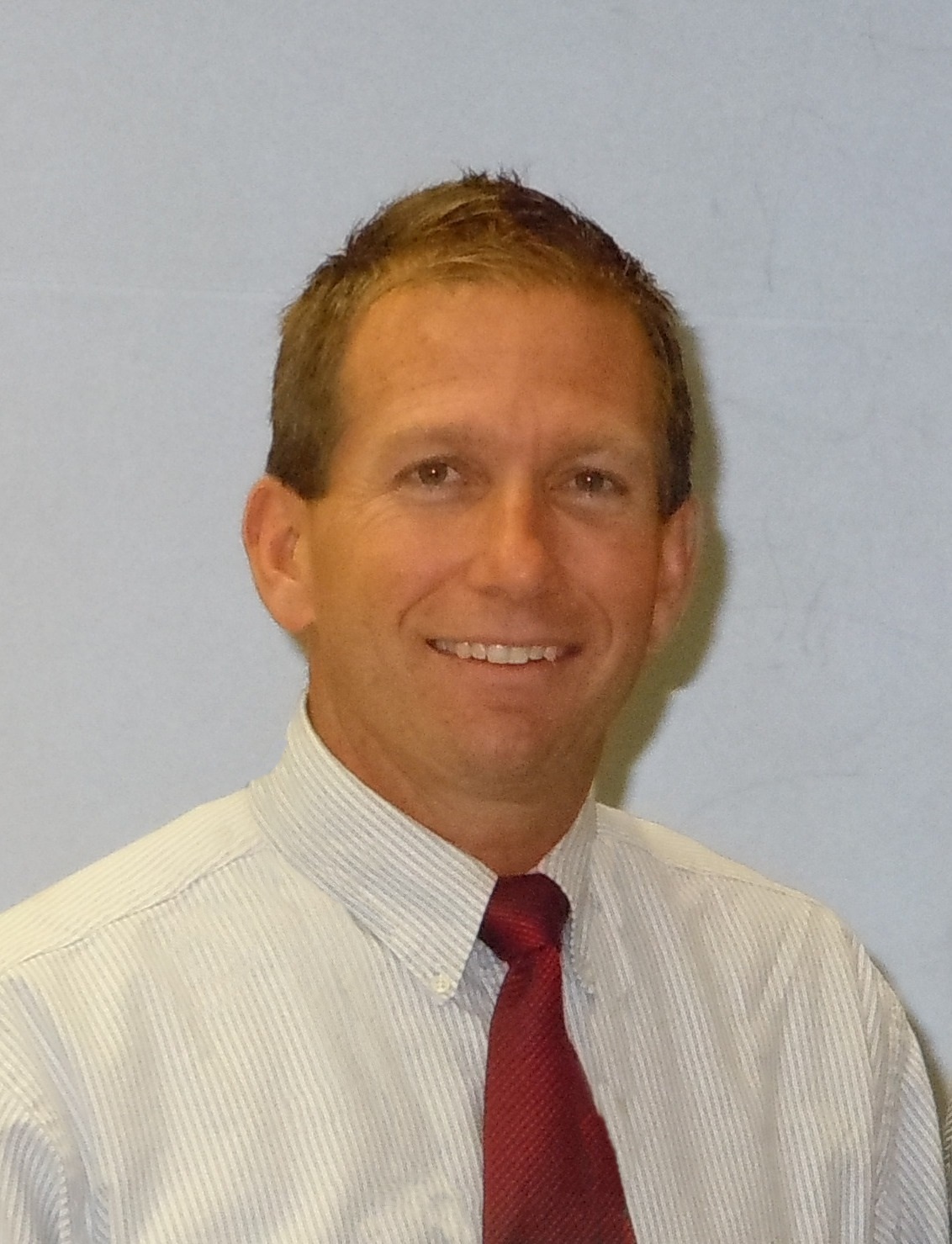A Personal Account of Automating Patient Payments at Academic Medical Centers
Greenphire is a special place because of the clients we serve and our employees who are “all in” helping sites, sponsors and CROs to meet their objectives.
In this two-part series, we introduce you to Joe Gough to learn how he is working with academic medical centers and universities to help them increase efficiencies and adopt best practices for financial process automation. Plus, you’ll see a few fun tidbits about Joe (make sure you read all the way to the end!).
What is your role at Greenphire?

I share my personal experience from the Medical University of South Carolina (MUSC) regarding implementing, funding and managing the ClinCard system in academia as a best practice for my peers.
In addition to sharing my experience, I am building a partnership with academic medical center clients to demonstrate the full ClinCard functionality across their enterprise. Ongoing communication through check-in calls, the establishment of an external client advisory board and a new “best practice webinar series” are all in the works!
What experience(s) led you to Greenphire?
My educational training is in health care and clinical research. I managed clinical trials for 27 years in academia (for 12 years in VA Headquarters in Washington, DC, with the VA Cooperative Studies Program, and for 15 years within the Department of Medicine at MUSC in Charleston, SC).
Professionally, I gravitate toward process improvement and innovation. I led the Clinical Research Operations Groups at MUSC because I knew we could improve in certain areas. These efforts produced institution-wide improvements: outsourcing IRB review for all Phase III pharma trials to the Western IRB; creation of a Clinical Trial Feasibility Questionnaire to triage studies likely be unsuccessful; and discovery and implementation of ClinCard.
I enjoy working in the clinical trial space and when it was time to find my next career opportunity, joining Greenphire was a good fit because of my familiarity with the ClinCard product and my interest in helping other academic professionals in the same situation I was in at MUSC. Plus, Greenphire’s corporate growth and energetic company culture was something I wanted to be a part of.
What is the biggest challenge facing research sites today?
I think one of the biggest challenges among academic sites is keeping up with the internal and external regulatory and paperwork documentation required of study coordinators. Then, training and retaining these professionals as part of a skilled and experienced workforce.
This highlights why automating a process, such as study participant payments, is so well-received by study coordinators “in the trenches” who manage a myriad of administrative tasks.
Do you have suggestions for sponsors who work with AMCs for clinical research?
Sponsors are highly focused on efficiency, protocol compliance, and site performance. With respect to the ClinCard, I suggest they recocognize the “opportunity cost” and other drawbacks inherent at a site that is not using the ClinCard for payments.
The “opportunity cost” refers to study coordinators spending a large portion of their time managing inefficient payment systems, rather than recruiting participants or completing productive, study-related tasks that are in the best interest of the study sponsor.
What do you like to do in your spare time?
In the evenings and weekends, I spend time with my wife, Renee, and my 15-yr old son, Jackson. Whenever possible, I like to grill dinner (its relaxing). We go to the beach often and I fish and crab with Jackson a lot. I also spend a lot of time at the ice hockey rink attending Jackson’s practices and games.
In the mornings, I get up early (4:44 am) and go to F3 Boot Camp workouts outside (rain or shine) at 5:30 am with 10-12 buddies. I do this 4-5 times a week (daily except Tues and Sundays). This routine requires discipline (going to bed earlier, but improves your lifestyle and overall physical and mental well-being. I currently serve as the “NanTan” (or the President) of F3 Charleston (about 400 men). It’s quite an honor to be chosen to lead these men.
What would people be surprised to learn about you?
I have some famous relatives (from the Philadelphia area): Princess Grace Kelly of Monaco was a cousin; US Secretary of the Navy (under President Reagan and served on the 9/11 Commission), John Lehman was another cousin, and my Dad was named a Pennsylvania “Super-Lawyer” (Yale Law School) many times over. My Dad was instrumental in making the Schuylkill River Trail Project a reality. He did all the legal work for the city of Philadelphia and has 3 benches dedicated to him along the trail.
Much of my inspiration for working at Greenphire, and why I am driven for my coworkers and clients to succeed, is because of my Mom and Dad, who both grew up in the area (and have now passed). I want to honor their legacy by excelling for a company headquartered near the city where they grew up.
What was the last book that you read?
“F3 Freed to Lead” – by Dredd and OBT. The two men in Charlotte, NC who started F3 (Fitness, Fellowship and Faith). The F3 mission is to plant, grow and serve small workout groups for the invigoration of male community leadership. The book explains the structure and value of the group to men and how it changes and improves the lives of any man who gets involved.

